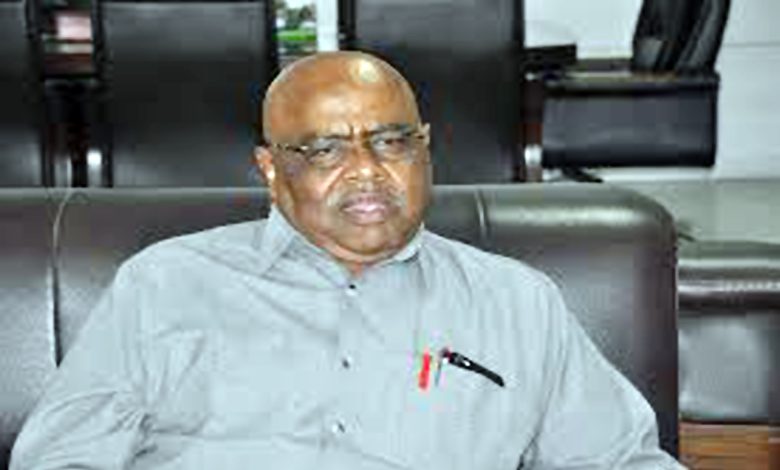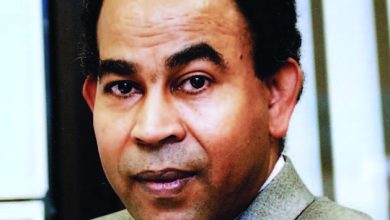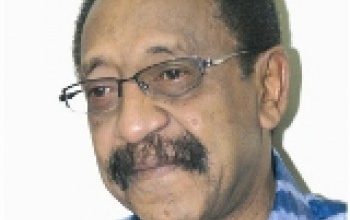Opinion
The Dismantling Committee: Between Songs and Land

Dr. Abdelazim Awad
I deliberately refrained from hastily commenting or responding to the explosive statements made by police officer Abdullah Suleiman, one of the prominent members of the infamous Empowerment Removal Committee. I wanted to wait for any denial or clarification from the committee itself or from those whose names were mentioned, in adherence to principles of justice. This would avoid supporting false or inaccurate allegations, which would be unjust.
Now, after what I believe is a sufficient period in accordance with professional norms, we can affirm the accuracy of the information provided by the officer. These revelations were not, at least to me, surprising, as all indications during those dark days in our nation’s history suggested that the committee’s work was nothing more than systematic looting of the public and private sectors’ funds under the guise of targeting members of the former regime.
These individuals approached public and private wealth with a strange greed, establishing “legalized” looting by enacting their own special laws. These laws were drafted, approved, and enforced within days, turning them into sharp weapons against the owners of these properties. This chaos was further supported by government-funded media, financed by the very people being looted. Sudanese citizens would stay up on Thursday nights to watch programs showcasing the seizure of lands, properties, vehicles, and other assets. They were astonished at how the “revolution” had transitioned from the so-called “thieving regime of the Islamists” to this.
People sarcastically dubbed this new show “Lands and Lands,” a grim counterpart to the once-beloved program “Songs and Songs.” They lamented the unfortunate turn of events that replaced the musical and cultural joy under the previous regime with the grim reality of land confiscation, brought to them by Rashid Saeed’s group at the national television station. Even the Sudanese News Agency (SUNA), once a respected institution, was dragged into this farce. I was deeply saddened for its director, who had once been associated with the golden days of the late Mustafa Amin, only to tarnish his legacy and return to SUNA in disgrace after the “revolution’s carnival” had ended.
Returning to the Dismantling Committee and the officer’s revelations, which seem to stem from an awakened conscience, I recall the warnings issued multiple times by Judge Nabil Adib. His cautionary statements, widely published in the press at the time, highlighted the committee’s illegal operations, predicting that the judiciary would easily identify and rectify these violations. This is exactly what happened when Judge Abu Sabeha, two years after Adib’s warnings, swiftly overturned the committee’s decisions, restoring rights to their owners in court sessions that lasted mere minutes. The public celebrated these rulings, while the committee’s members, visibly dejected, could only respond with a lone statement by one of its prominent figures, Wajdi Saleh, himself a lawyer. He vaguely referred to “maneuvers” they intended to use to counter the court’s decisions. However, those maneuvers never materialized, as the army put an end to this farce on October 25th in what became known as the “Correction of the Course.”
Lastly, I would like to advise Mr. Abdullah Suleiman that his statements, under the law of evidence, may not be regarded as those of a mere witness—you, of all people, should know this—but rather as those of an active participant in the crime. The judge may consider you a “crown witness” due to their discretionary powers.



